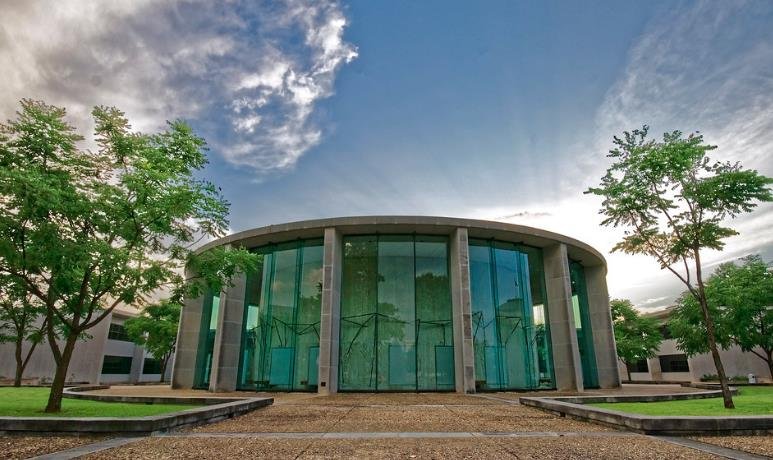In a landmark decision, the Arkansas Supreme Court has ruled in favor of River Valley Relief (RVR), a Fort Smith-based medical marijuana cultivator, in a contentious license dispute. This ruling not only signifies a triumph for RVR but also sets a precedent for the medical marijuana industry’s regulatory battles. The case, which has seen numerous twists and turns, ultimately underscores the complexities of marijuana legislation and the importance of due process in the industry’s legal framework.
The road to this Supreme Court victory was fraught with legal challenges for RVR. Initially, a lower court’s ruling threatened the very foundation of RVR’s operations, casting a shadow over its future. The Pulaski County Circuit Court had previously ruled against RVR, siding with the plaintiff, 2600 Holdings, in a lawsuit that questioned the legitimacy of RVR’s cultivation license.

The crux of the dispute centered around the proximity of RVR’s proposed cultivation center to a juvenile detention center and the validity of the incorporation in the initial application. The allegations were serious, suggesting that RVR’s license was granted in violation of state regulations that stipulate a minimum distance from schools and other specified institutions.
The Supreme Reversal
The Supreme Court’s intervention was a game-changer. By reversing the lower court’s decision, the justices acknowledged procedural oversights and emphasized the necessity for RVR’s owner, Storm Nolan, to be included as an indispensable party in the case. This inclusion was crucial for ensuring that all sides were fairly represented and that the legal process was adhered to without prejudice.
The majority opinion did not delve into the veracity of 2600 Holdings’ allegations but instead focused on the procedural aspect, highlighting the importance of due process. The decision to remand the case back to the lower court with instructions to include Nolan opens a new chapter in the legal saga, one that RVR and its supporters hope will lead to a more favorable and final resolution.
Implications for the Industry
The implications of this ruling extend beyond the parties involved. It serves as a reminder of the intricate legal landscape governing the medical marijuana industry. As states grapple with the implementation of marijuana legislation, cases like this underscore the need for clear guidelines and fair enforcement of regulations.
For RVR, the ruling is a beacon of hope, allowing them to retain their license and continue operations for the time being. The company, which has invested significantly in its cultivation center and employs numerous individuals, can now focus on its mission to provide medical marijuana to those in need while the legal proceedings continue.
Michael Brown is a seasoned journalist with a knack for uncovering compelling stories within the realm of cannabis. Through his investigative reporting and in-depth analysis, he sheds light on the regulatory challenges, market trends, and societal impacts of the burgeoning cannabis industry. Michael’s commitment to objective journalism and ethical reporting makes him a trusted voice in providing readers with balanced and informative articles about this rapidly evolving landscape.








